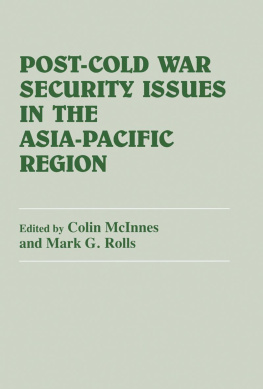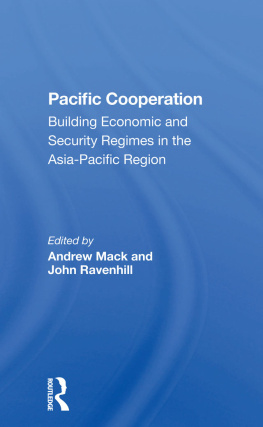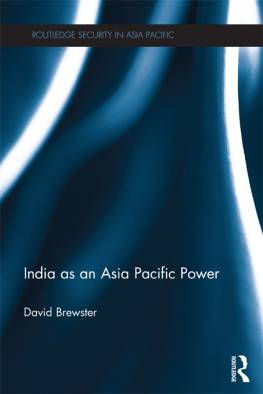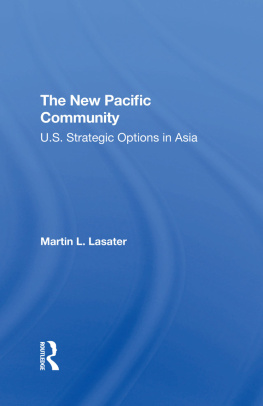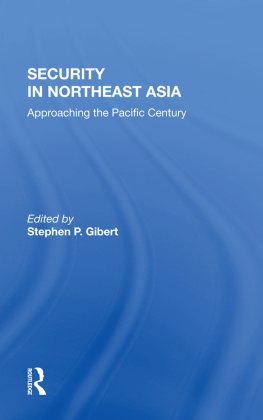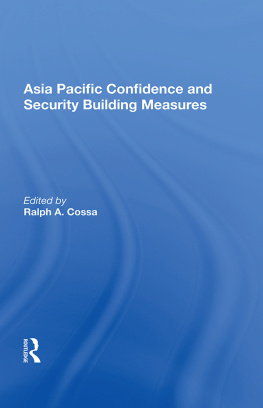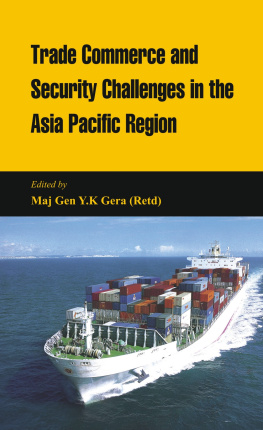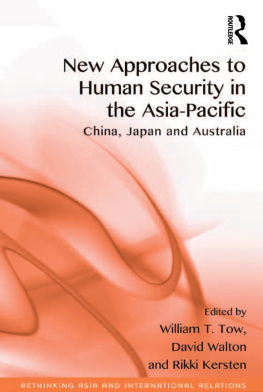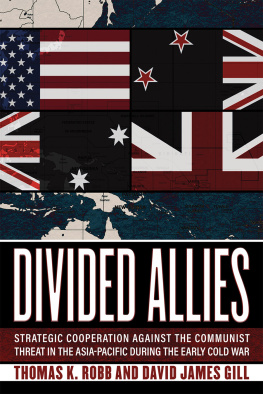First published December 1995 by Oxford University Press for
The International Institute for Strategic Studies
23 Tavistock Street, London WC2E 7NQ
This reprint published by Routledge
2 Park Square, Milton Park, Abingdon, Oxon, OX14 4RN
For the International Institute for Strategic Studies Arundel House, 1315 Arundel Street, Temple Place, London, WC2R 3DX
www.iiss.org
Simultaneously published in the USA and Canada
By Routledge
711 Third Avenue, New York, NY 10017
Routledge is an imprint of the Taylor & Francis Group, an informa business
The International Institute for Strategic Studies 1995
Director: Dr John Chipman
Deputy Director: Rose Gottemoeller
Assistant Editor: Juliet Sampson
All rights reserved. No part of this publication may be reproduced, stored in a retrieval system or transmitted in any form or by any means, electronic, mechanical or photo-copying, recording or otherwise, without the prior permission of the International Institute for Strategic Studies. Within the UK, exceptions are allowed in respect of any fair dealing for the purpose of research or private study, or criticism or review, as permitted under the Copyright, Designs and Patents Act, 1988, or in the case of reprographic reproduction in accordance with the terms of the licences issued by the Copyright Licensing Agency. Enquiries concerning reproduction outside these terms and in other countries should be sent to the publisher.
This book is sold subject to the condition that it shall not, by way of trade or otherwise, be lent, re-sold, hired out or otherwise circulated without the publisher's prior consent in any form of binding or cover other than that in which it is published and without a similar condition including this condition being imposed on the subsequent purchaser.
British Library Cataloguing in Publication Data
Data available
Library of Congress Cataloging in Publication Data
ISBN 019829073X
ISSN 0567932X
Peace requires either hegemony or balance of power. We have neither the resources nor the stomach for the former. The only question is how much we have to suffer before we realize it.
Henry Kissinger, 1988
Sometime in the not-too-distant future the United States will no longer be in a position to guarantee the stability of the Asia-Pacific by its unilateral actions and forward military presence. In the next ten years, the US-dominated system of Asia-Pacific security that evolved during the Cold War must be fundamentally transformed. Public commitments by both the Bush and Clinton administrations to maintain US military forces in Asia, and the strong support that many Asian states have shown for a continued US presence, are short-term indicators inconsistent with the trends that will ultimately determine the region's security in the future.
One of these trends is the growing economic and military power of key Asian states which will increasingly allow them to resist US influence. Another trend is the US public's grudging acceptance of the limitations of US power in a post-Cold War world. With luck, this national consensus can be channelled into support for a new and more collaborative approach to US foreign policy. But it is at least as likely that the national mood will evolve into a prickly and resentful form of isolationism.
There are a number of steps the United States can take in the next decade to contribute to a multipolar balance-of-power system in which the interactions of Asian states are conditioned by a general interest in war avoidance and a region-wide acceptance of the need for economic and political cooperation. Achieving this goal will be difficult, but not impossible.
A multipolar regional order will be less open to US interests and influence than is the web of bilateral defence arrangements that has persisted for the last four decades. The San Francisco system was initiated in September 1951 when the United States entered into a number of treaties (all signed in San Francisco) with Asia-Pacific states: the Mutual Security Treaty (MST) with Japan; the Mutual Defence Treaty with the Philippines; and the AustraliaNew ZealandUS (ANZUS) accord. The alliance network was subsequently expanded to include South Korea (in 1953), Taiwan (in 1954, abrogated in the wake of the normalisation of USChina relations), and Thailand (in 1962, with the RuskThanat communiqu). The San Francisco system, however, simply cannot survive into the twenty-first century and must be supplanted by some form of multipolar balancing of power. In these circumstances, the best policy for the United States is to undertake initiatives designed to make this new arrangement as benign and reliable as possible.
During the next decade, the United States would be well advised to exploit its residual influence in Asia to help sponsor new institutions and patterns of behaviour that will facilitate regional cooperation and conflict resolution. To achieve this, American policy-makers need a clear sense of post-Cold War US interests in the Asia-Pacific and an appreciation of where these interests converge with and diverge from the interests of key regional actors. The United States will also have to accord a much higher priority to the nation most likely to present a revisionist challenge in the Asia-Pacific region China. Confronting and establishing a new modus vivendi with the People's Republic of China (PRC) will be extraordinarily difficult, but there is no practical or responsible alternative for US foreign policy in the twenty-first century.


